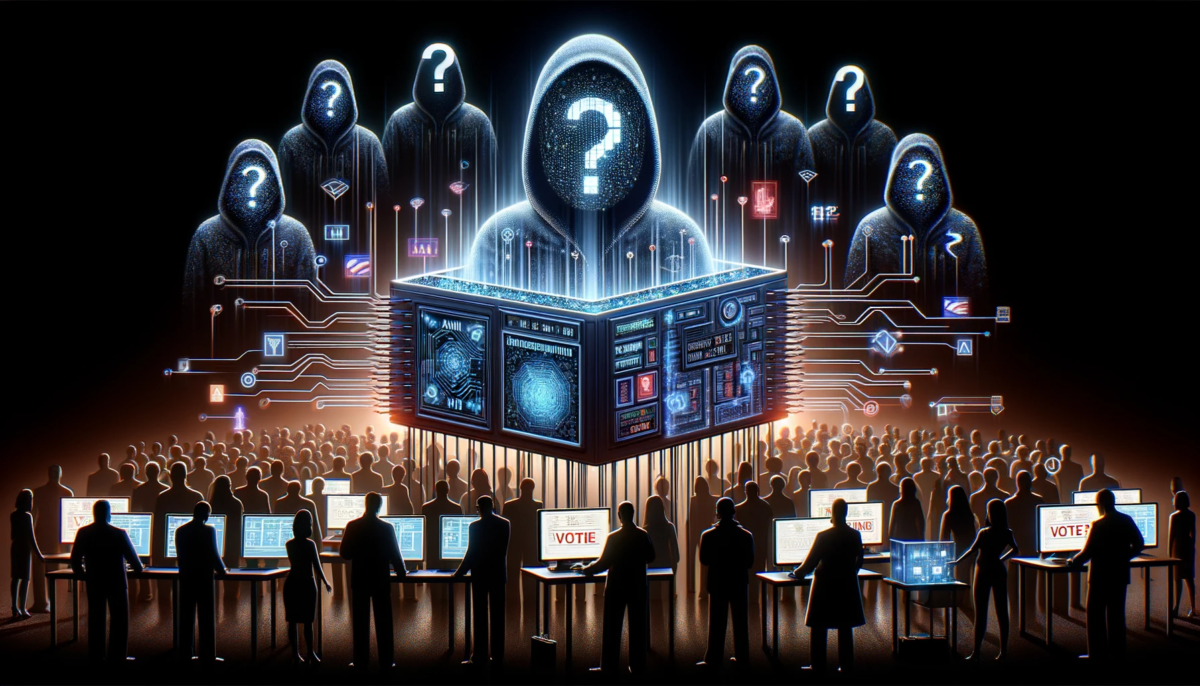
Unraveling a Bizarre Incident: The Fake Biden Robocall in New Hampshire
It’s an election year in America, and a peculiar event has surfaced, one that sounds almost too bizarre to be true. In New Hampshire, a state preparing for its Democratic primary, an unusual robocall began circulating. The voice on the call? None other than President Joe Biden, or so it seemed. This call, however, was not just any ordinary campaign tactic; it was a deepfake – a sophisticated audio manipulation that mimicked the President’s voice.
The Content of the Call and the Deepfake Revelation
In this robocall, the fake Biden urged Democrats not to participate in the primary, suggesting they “save their votes” for the November presidential election. The rationale? Voting in the primary would only aid the Republicans and their effort to re-elect Donald Trump. This alarming message, of course, was not from the real Joe Biden. The White House confirmed the call’s inauthenticity, emphasizing the risks associated with such deepfake technology.
The Impact and Spread of the Fake Call
These calls, estimated to have reached nearly 20,000 people, left experts and voters both in America and globally alarmed. The source of these calls remains a mystery, with investigations underway in New Hampshire. The incident reflects a broader concern about the use of deepfake technology in politics and its potential to mislead and manipulate voters.
The Global Challenge of Deepfakes in Elections
The year 2024 isn’t just significant for American politics; nearly 70 countries are going to polls, encompassing over half of the world’s population. This spike in electoral activity also means a potential increase in fake news and deepfakes – technology that can replicate a person’s voice or appearance, creating convincing but false narratives.
The Alarming Statistics and Growing Concerns
Deepfakes pose a substantial threat to the integrity of elections and democratic processes. Surveys in America reveal disturbing trends: 81% of voters feel impacted by deepfakes, with 36% admitting that these manipulations caused them to change their votes. The proliferation of deepfake content online is alarming – a 550% surge in deepfake videos was recorded in 2023, with over half a million instances on social media platforms.
The Global Reach and Misuse of Deepfake Technology
The issue is not confined to the United States. Countries like Bangladesh and Taiwan have experienced the disruptive power of deepfakes in their elections, with incidents of political manipulation often traced back to affordable and accessible deepfake technology.
The Urgent Call for Action: Governments and Voters
To combat this rising tide of digital deception, both governments and voters must take decisive action. Governments need to introduce and enforce regulations against the use of AI in political campaigns, provide tools for identifying deepfakes, and hold creators accountable. As for voters, the call to action is clear: be vigilant, rely on credible news sources, and refrain from spreading unverified information.
In 2024, the battle is not just for political power – it’s a fight to preserve reality itself in the face of advancing artificial intelligence and manipulative technologies. The deepfake dilemma presents a critical challenge to our democracy, one that requires both awareness and action from all corners of society.

